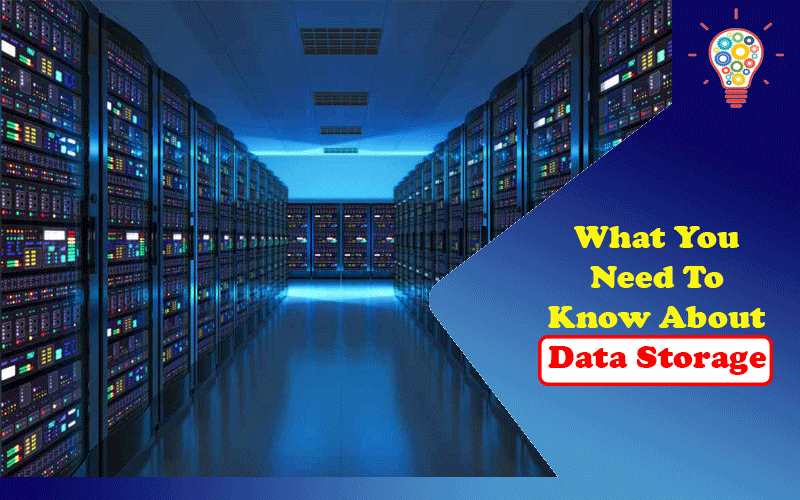Data storage for businesses can be as simple as a small server closet or as advanced as edge computing. The type of data storage that fits best with a particular business comes down to its unique aspects and needs. Knowing more about the different types of data storage can be helpful in deciding what option is the best fit.
Table of Contents
Traditional
A traditional data solution is an onsite data center that is managed and operated by the business. Having the center onsite allows the company to have complete control over data storage. In addition, it allows the company to fine-tune the system to meet specific compliance needs and be compatible with existing applications. However, with rapidly changing technology, these centers can be very costly to expand to meet the increasing power and cooling needs of more servers and equipment. They can also be costly to staff as some will need certifications such as CDCs certification.
Colocation
Another option is colocation which allows a business to place their servers and other essential equipment in a third-party facility that manages the power and cooling aspect. These centers allow for scalability and should provide 100% uptime. However, control of the data may be more complicated and could involve the business finding which tools work best with the center.
Cloud
Cloud computing for businesses involves virtual hosting at a central server and is used less often than traditional and colocation storage solutions. The cloud option also allows for scalability as well as versatility in terms of applications. It can accomplish almost everything a traditional center can do without the expense to businesses of building their own infrastructure. However, because the provider manages the platform, it can be difficult for businesses to access tools for monitoring resource utilization. In addition, some companies may have security needs that the cloud may not easily meet.
Edge
Data storage with edge computing is the newest option for businesses. It can choose which data must be processed at a central server or if it can be handled at a local data center site. Edge computing is fast, secure, and unlikely to have outages or suffer network issues. However, because it is fast, some data can be incomplete as the system identifies the most important data. There is also some cost for infrastructure and maintenance at the local sites.
Options for data storage are available and could increase in the future as technology continues to advance. With a better understanding, it can be easier to evaluate what option may be best for a certain business.

